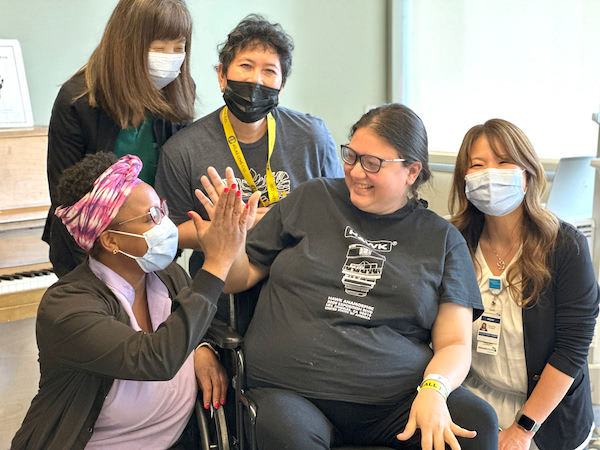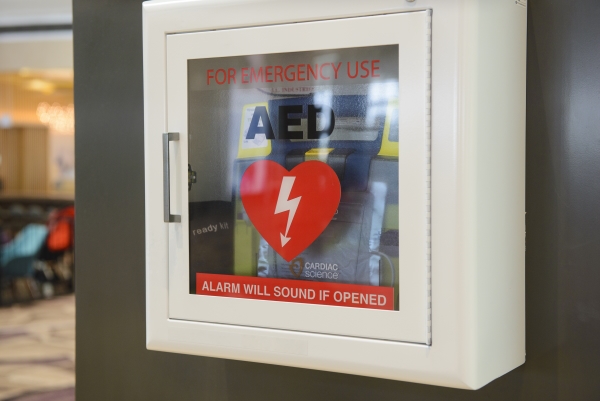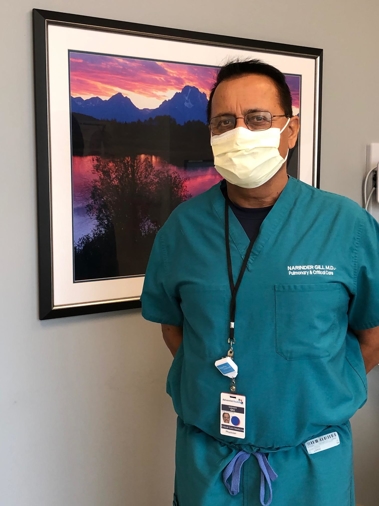A Stroke Doesn’t Stop Her
Jun 8, 2023

Pictured: Melissa with her mom and some of the therapists who helped her recover after her stroke.
A stroke can happen to anyone of any age. Two days before she turned 31, Melissa was on a film set working as camera assistant when she felt her whole body go numb. The follow focus mechanism slipped from her right hand as her grip weakened. She caught the unit just before it hit the ground – managing to save her equipment and the shot.
Over the next three hours, she strained to ignore the numbness as she powered through the rest of her workday. As soon as the shoot wrapped, she went straight to a local emergency room for evaluation.
After several hours of observation, Melissa was surprisingly sent home to rest. She was instructed to “take it easy” for a few days and was disappointed that she had to cancel a planned camping trip with friends to celebrate her birthday.
Over the next two days, Melissa’s symptoms would come and go. On April 4, the day of her birthday, her friend accompanied her to the mall for a light stroll and some fresh air, hoping that the change of scenery might ease her anxiety about the situation. While at the mall, Melissa lost strength and feeling in the right side of her body. Her friend held her up as they waited for the episode to pass.
The numbness subsided after a brief rest, but the episodes would continue throughout the night. By the following morning, Melissa was nearly paralyzed.
She used the voice-activation feature on her phone to call for help, then crawled face-down across her apartment to unlock the front door. She was rushed to the ER where an MRI revealed a blood clot in her brain. Melissa had experienced a stroke. It went untreated for almost three days, opening her to life-threatening, irreversible consequences.
She remained in the hospital for about a week before transferring to Adventist Health Glendale's physical medicine and rehabilitation unit. Over the next two and half weeks, Melissa would work to recover and regain her strength, dexterity and motor functions.
Her individualized rehabilitation plan included many of Melissa’s favorite hobbies, including painting, playing video games, singing and playing the piano. “Every patient’s case and situation are unique," shared Mieko Takemoto, Melissa’s recreation therapist. "In Melissa’s case, we incorporated her passion for art and music into her care, and she responded exceptionally well in a short amount of time.”
“Everyone here has been so kind and supportive. Along with my friends, the [Adventist Health Glendale] staff and therapists have helped me find humor and stay focused on the positives in my situation,” shared Melissa. “Unless you go through something like this, you never really think about all the little complexities of just lifting your arm or drinking from a cup. It’s given me a whole new outlook, a new appreciation for life.”


